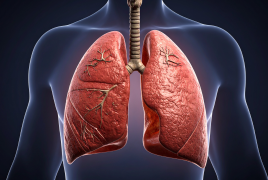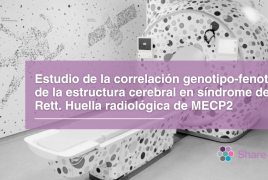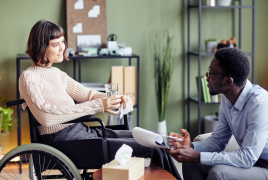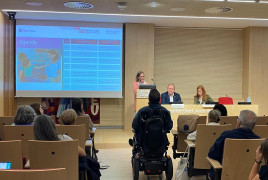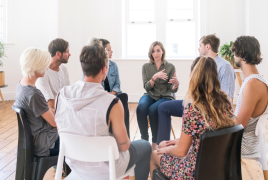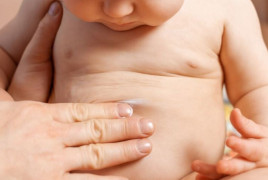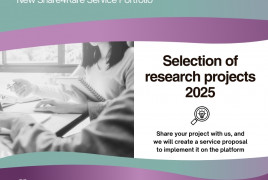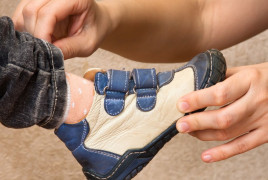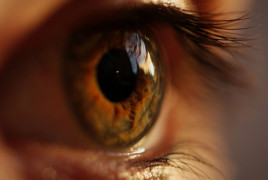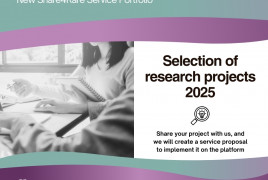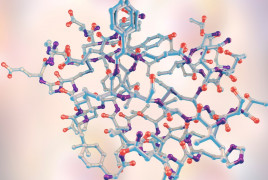“Breathing Better to Live Better”: A Conversation with Mariano Pastor, President of Alfa-1 España, on Respiratory Physiotherapy, AATD, and the Value of Data
When you lack a protein that protects your lungs and liver, every breath counts. Alpha-1 antitrypsin deficiency (AATD) is a genetic condition that predisposes individuals to liver disease and earlyA Share4Rare study analyzes the correlation between brain structure and the severity of Rett syndrome
People affected by Rett syndrome, primarily girls, have a severe disability that affects almost every aspect of life, from speech to the ability to walk, eat, and even breathe. This is oftenNeuromuscular diseases: understanding, adapting and building community
What are neuromuscular diseases? Neuromuscular diseases (NMDs) are a group of more than 150 conditions that can affect the nerves that control muscles, the muscles themselves, or the communicationMental health in rare diseases: when caring is as important as treating
When we talk about rare diseases, we often think of complex diagnoses or, in some cases, the lack of it; innovative treatments, or very few treatments; long waits for answers, and a lack of supportSecure data enables collaborative research through patients’ registries
Living with a rare disease is a path full of challenges. But what if we told you that patient data, shared securely and ethically, can be a powerful tool to advance research and improve the lives ofHow does your organization investigate?
At S hare4Rare, we want to know firsthand about the real research needs of patient organizations in the field of rare diseases . The first notebook will focus on analyzing the experience of theAnorectal malformations and Hirschsprung's disease
Anorectal malformations (ARM) and Hirschsprung's disease (HD) are congenital colorectal conditions, meaning individuals are born with them, although their causes are not necessarily genetic. TheirNew deadline for sending your research proposal based on patient-reported data
In response to inquiries and requests from those interested in this year's projects' selection, Share4Rare extends the deadline to August 31, 2025. Types of projects Studies will be conducted on aNew study on Share4Rare: Barefoot-style shoes for children with Epidermolysis bullosa simplex
Epidermolysis bullosa (EB) is a group of rare genetic disorders characterised by extreme skin fragility and mucous membranes, leading to blisters and wounds. It is present from birth and currently hasGene therapy improves vision of four children with retinal dystrophy caused by mutations in the AIPL1 gene
A recent study published in The Lancet has shown promising results following the use of a new gene therapy to treat Leber congenital amaurosis in two boys and two girls, aged 1 to 3 years, withSelection of research projects based on patient-reported data 2025
Under the new Share4Rare service portfolio and to encourage research on rare diseases, we are now accepting proposals to implement research projects on the platform. This process is open to patient
